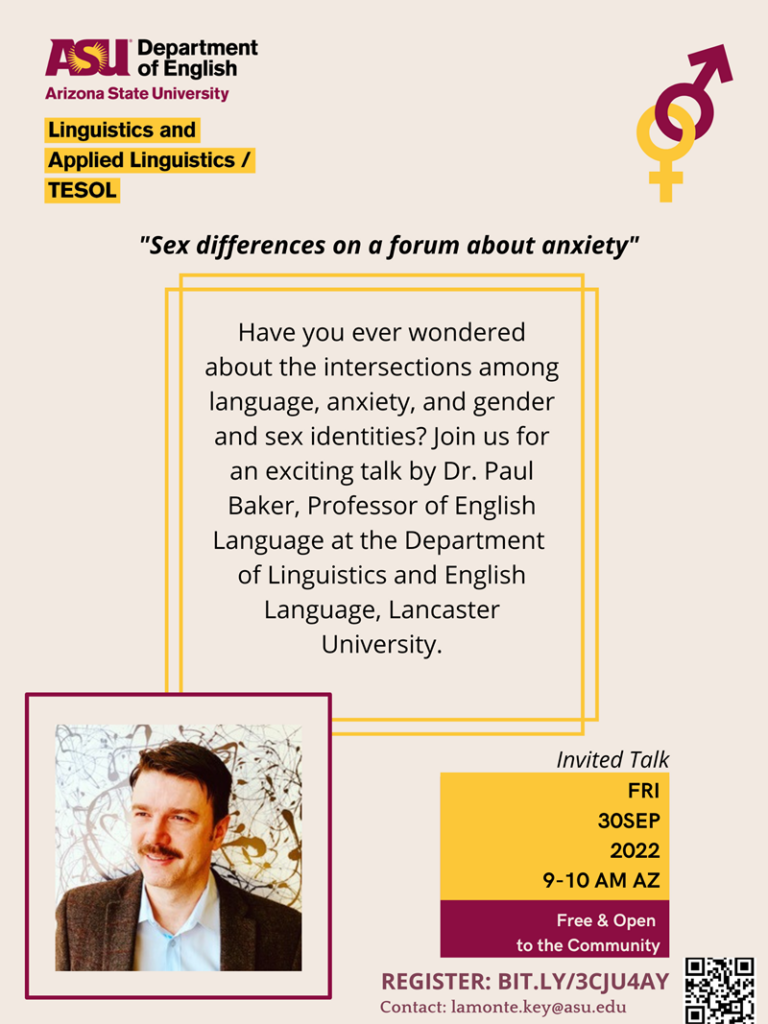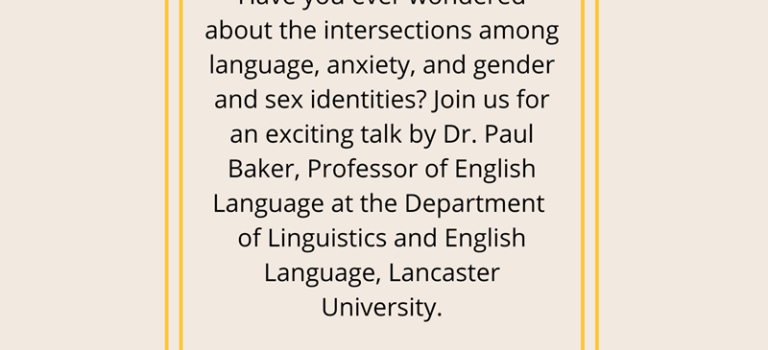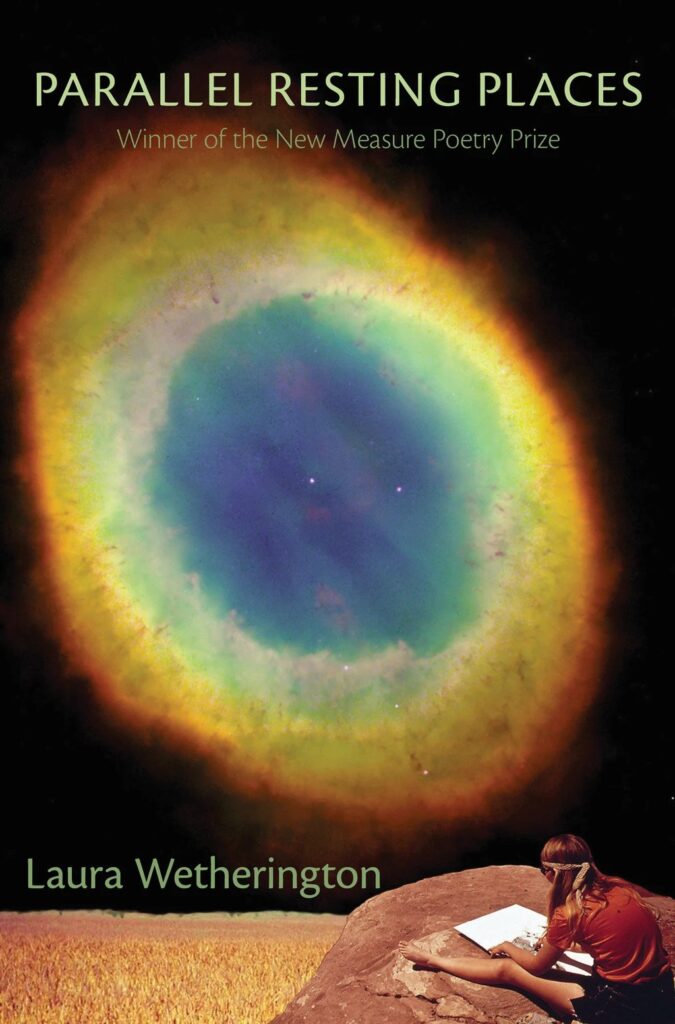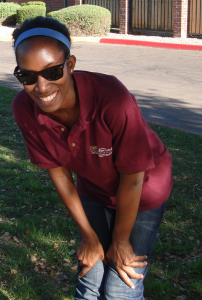
There is a pervasive view in many humanities departments. In most instances, it goes unspoken: a common understanding of the timeless relevance of language. Language is the base, the supposition goes, if not at least the most immanent, collective construction of the world.
If the Lacanian psychoanalysts are correct, for example, than the moment that we, as children, begin speaking and collecting meaning from a system of signifiers, is also the moment when the impossibility of impossible categories (the impossibility of a mother, for example, being wholly Mother) begin to fully impress themselves upon our psyche.
This is only one permutation of this assumption. To put the question simply: of all the signifying operations—consider even the multiplicity of signifying operations that exist within only “the arts”—why should language be considered more (or less) expressive, affective, or relevant than any other?
Would language, on the other hand, be better considered one of many expressivities which populate the human capacity to be affected? “I can only see what I have been trained to see through learning to say,” an adage that belies not merely preference nor belief but a refusal to acknowledge, sense, or experience—in short, be affected by—any expressivity of the world beyond that which finds its way to signify through language.
What does this humble reading of language’s relevance contribute to a creative writer? This is not a call to abandon language for any other signifying practice. Rather, it is a question of whether or not a thorough understanding of a multiplicity of signifying operations can increase the capacities of a creative writer.
We experimental linguists. Neologisms, misappropriated terms, aberrant rhythms, jargons— poetries—populate the landscape of a language affecting and being affected by the signifying expressivity of other communicable forces, repetitions, and patterns.
An active language, if not intentional, unsure feet tripping across slippery rocks; an uneven and unpredictable earth upon which signification is lain; contours emerge mapping novel striations—for a moment, a multiplicity of points wandering the surface connect; an intensity manifests and then scatters, driving new processes of intensification.
Rather than creative “writing” the operation that I am describing is more akin to that of a translator; a translation, however, is no simple event.
To philosopher Gilles Deleuze, a translation is paradoxical insofar as translating from, in our case, one signifying mode to another both passes on something of the original (which relates it back to the original and all other repetitions) while, at the same time, actively manifesting difference from the original and all other repetitions. Deleuze’s point is that Western thought has almost always privileged the same over that which changes. It has always treated evolution as an afterthought, a byproduct.
Deleuze, on the other hand, does not presume that sameness is what necessarily marks a repetition and, instead, proposes to track how repetition, on the contrary, operates as a vehicle for change. Like a phrase passed through children in a game of telephone; it is not a passive process. We do not simply mimic. We screw up. The phrase passes through a number of physiological, psychological, and neurological failures, mutations, mispronunciations, and, after only a few repetitions, the phrase is incomprehensible.
We incomprehensible screw ups. Change is no phenomenon which arises from the ether. It is out of our inability to repeat something exactly as it is, our screw ups, that processes continue and splinter in novel directions. If we no longer screw up, then an equilibrium is reached; an equilibrium which, for any creature, body or system, is synonymous with death.
The creative-writer-as-creative-translator, a linguist who who subjugates language to themselves, to the unimaginable screw ups which fuel processes and, at various speeds, make a phrase, a style, a tradition incomprehensible.
The creative-writer-as-creative-translator, lost in a sea of expressivities and signifying operations, chasing language like a whisper caught in a storm, trusting that the whisper will never stagnate, be found, or effortlessly offer itself to the senses; the writers of the new, of change, subjugating themselves to their screw ups in the hope that something truly relevant might emerge, a pack of dogs chasing off in one general direction and then, slowly, quickly, dissolving into many. We incomprehensible screw ups; we give language speed, the capacity to run, tripping and falling upon new gradations, hoping not to find our way.









